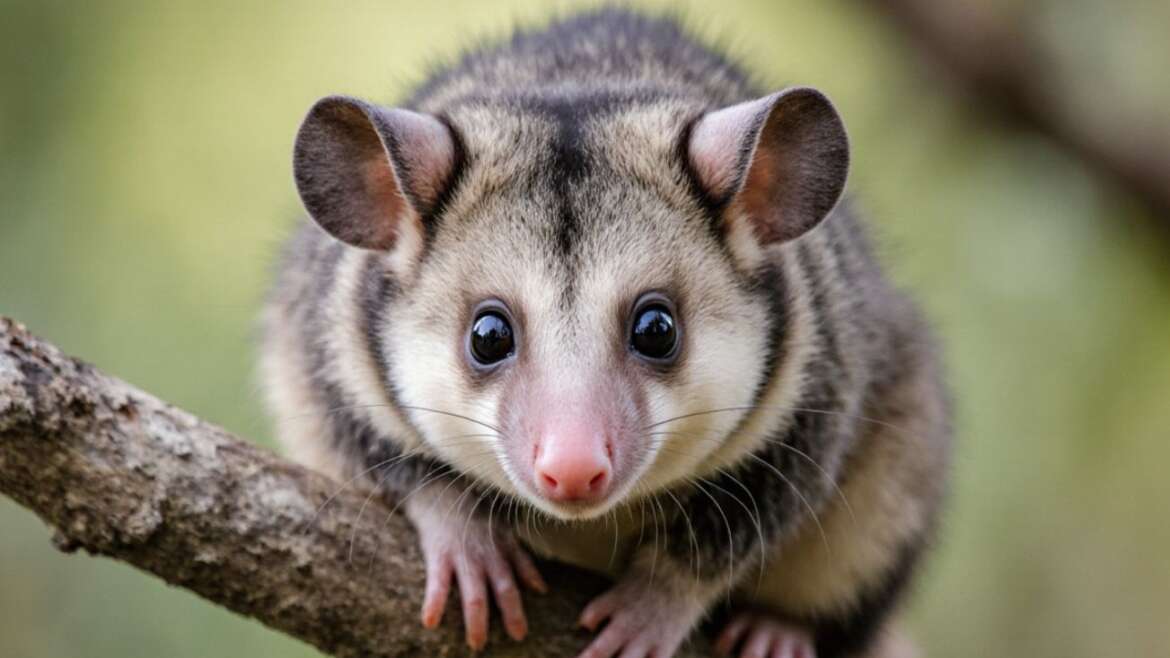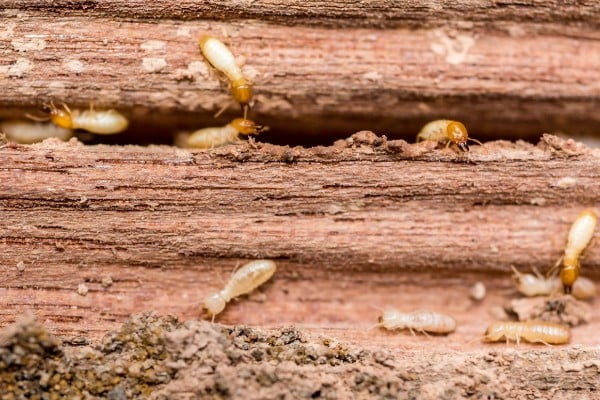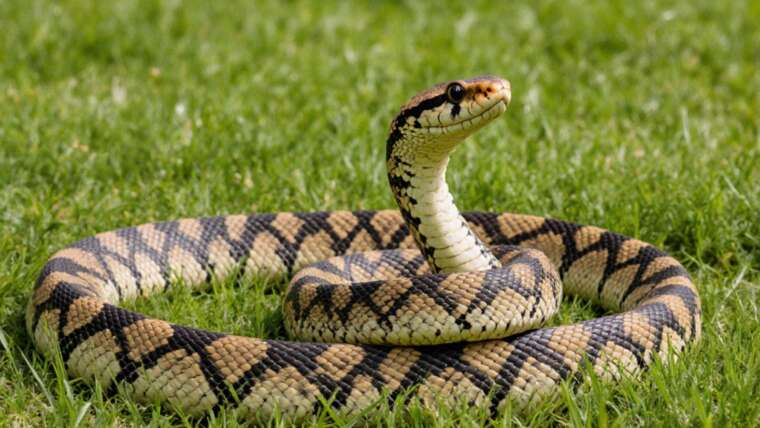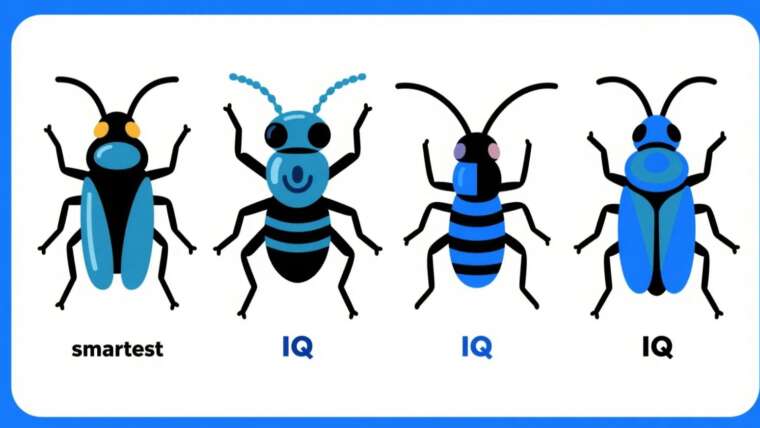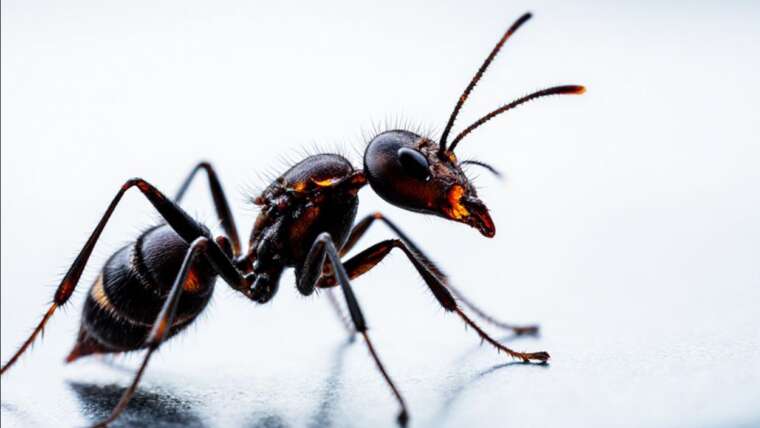If you’ve ever locked eyes with an opossum, you might be asking yourself, “Are opossums blind?” or “Can opossums actually see?” These fascinating creatures, often referred to simply as possums, break many preconceived notions about mammals. Let’s delve deeper into their vision, debunk common myths, and explore the intricacies of their sensory world.
How Opossums See
When you catch a glimpse of an opossum, you might notice how their eyes seem to glow when illuminated by lights, such as automobile headlights. This phenomenon often leads people to mistakenly believe that opossums are blind. However, this glowing effect is caused by a special layer in their retina called the tapetum lucidum. This reflective layer improves their night vision significantly by bouncing light back onto the retina, ensuring they can navigate effectively in the dark.
Interestingly, opossum pupils appear black, which can further mislead observers regarding their visual capabilities. This is primarily because their pupils dilate intensely in dim lighting conditions, a physiological adaptation to their nocturnal lifestyle.
Tip: To enhance your wildlife viewing experience, consider going out at dusk when opossums are most active. Observing their unique eye reflections can be fascinating!
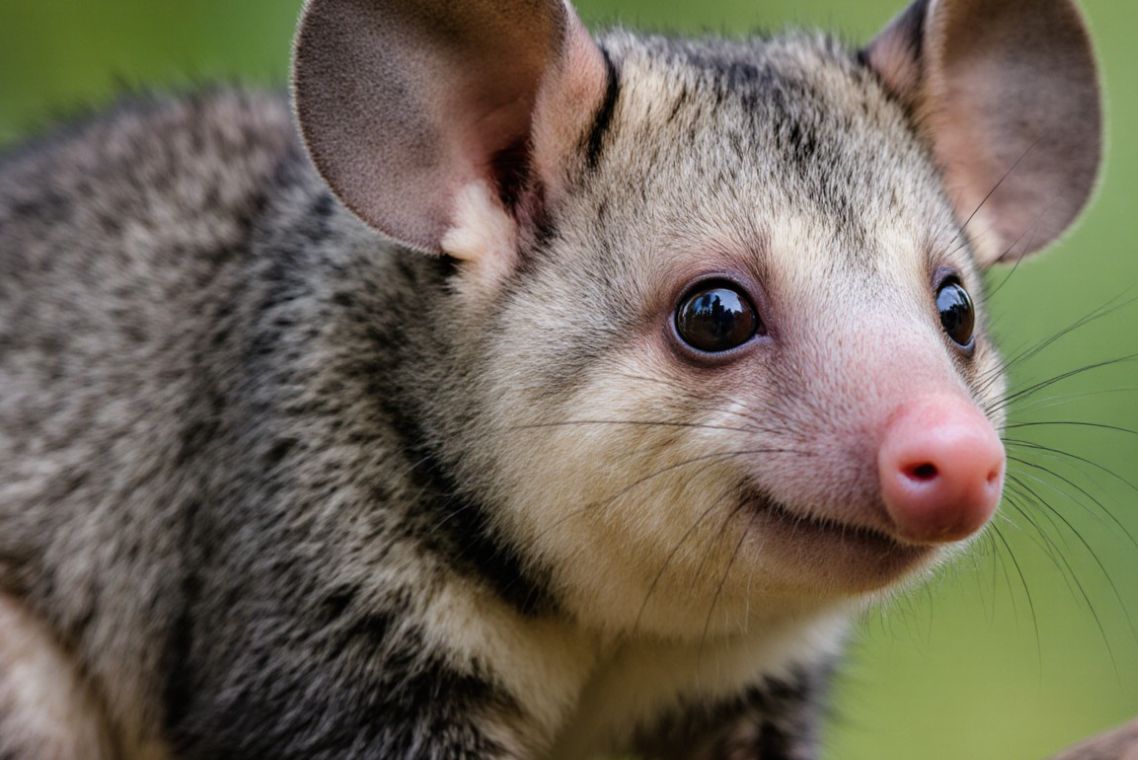
Limits to Opossums’ Vision
Despite the myths surrounding their eyesight, opossums are not blind. However, it’s important to note that young opossums are indeed blind for the first two months of their lives. Relying heavily on their other senses during this vulnerable period, they must navigate towards their mother’s pouch for shelter and nourishment, a true testament to nature’s design.
Once they emerge with open eyes, their vision does not fully compensate for their nocturnal lifestyle. While they excel at night vision, their overall visual acuity is limited. They struggle to differentiate colors, which means they rely less on sight for food sourcing and more on their acute senses of smell and touch.
Fun Fact: Opossums have about 13% more sensory receptors in their noses than humans do, making their sense of smell incredibly refined!
How Other Senses Make Up for Poor Vision
As omnivores, opossums use their remarkable sense of smell to forage for everything from fruits and plants to insects and small animals. Unfortunately, this behavior sometimes brings them into conflict with humans, especially when they rummage through unsecured trash cans in search of food.
Opossums can also pose issues for poultry farmers, as they are known to raid chicken coops for eggs and young chicks. However, they have developed an astute awareness of their surroundings, which aids them in avoiding potential threats. When faced with danger, their survival instinct prompts them to “play dead.” In this defensive tactic, an opossum will lie on its side, curl up, open its mouth, and let its tongue hang out, creating the appearance of a deceased animal. This dramatic response often deters predators, as their heart rate drops significantly, making them appear vulnerable.
During the daylight hours, opossums seek refuge in burrows or dens, usually remaining close to home while foraging for food. This proximity to their shelter is crucial since their primary defense mechanisms are limited to playing dead and showing their teeth in a bluff.
Tip: If you spot an opossum, appreciate their unique adaptations instead of viewing them as pests. Consider leaving them alone, as they play an important role in controlling insect populations and can help keep your garden healthy.
Due to their nocturnal nature, opossums often go unnoticed, complicating potential removal efforts if they invade your property. If you suspect an opossum is causing disruption in your yard, it’s a good idea to consult with professionals like Terminix®. Their trained technicians possess the expertise needed to safely exclude or remove opossums from your home.
Final Thought: Understanding wildlife, including opossums, is essential for promoting coexistence. By respecting these creatures and their ecological roles, we can foster a healthier, more sustainable environment for all.

